Imagine having the freedom to explore wide-open spaces, wake up to new vistas right outside your window, and experience life at your own pace. That’s the dream of full-time RV living, a lifestyle that’s as freeing as it is romanticized.
But, as anyone turning the key to this nomadic life will tell you, it comes with its own set of checks and balances, particularly when it comes to finances.
I’m going to give you the real deal on what it means to manage the costs of living full time in your recreational vehicle. It’s popularly thought that living out of an RV is more budget-friendly than traditional housing.
While there’s truth to that, the honest answer swirls around the ‘how’ of your RV living. You’re going to find out about the choices that lead to your fiscal health on the road—choices that can make a world of difference to your wallet and your peace of mind.
This isn’t just about daily expenses. It’s also about the long-term financial commitment. If you want to steer clear of racking up costs that could dampen your wandering spirit, you’ll need to plan ahead and stay proactive.
Don’t worry too much about being an accounting wizard from the start; you can always adjust your approach down the road. Choose something that resonates with your lifestyle and adjust as needed. There’s a lot of opportunity in the RV life to save, earn, and experience the world without the anchor of debt.
Now, let’s set the stage for managing your cost of living on the road. The strategy I like to leverage begins with understanding the impact of choices—deciding whether you’ll move from place to place or plant yourself more definitely and selecting the type of RV that will become your home. Your first attempt at this lifestyle doesn’t need to be your last; just don’t focus too much on perfection.
Establishing Your RV Lifestyle: Choices that Impact Costs
If you’re planning to adopt the full-time RV life, it’s essential to consider the costs associated with the lifestyle. People often presume living in an RV is more cost-effective than owning a home or renting an abode. While that can be true, it strongly hinges on the lifestyle choices you make within the RV world.
Your decision to either travel extensively or plant yourself in one locale has a pronounced impact on your expenses. It’s not just about fuel costs, though they are a significant factor; it’s also about the wear and tear on your vehicle, frequent campground fees, and the fluctuating price of living in different areas.
Similarly, the type of RV you opt for is more than a mere preference—it’s a financial pivot point. Will you go for an economical travel trailer, or are you eyeing a high-end diesel motorhome? It’s crucial to think about not only the upfront cost but also the maintenance, fuel efficiency, and potential resale value. These factors don’t just shape your initial outlay; they ripple through your entire budget.
Once you’ve considered these core variables, you’re ready to step into crafting a budget that’s as tailored and practical as your chosen path through the majestic landscapes of RV living. That’s exactly what we’re going to delve into next.
Step 1: Crafting a Realistic Budget
Now, creating a budget might sound tedious, but it’s your financial roadmap for full-time RV living. To avoid the anxiety of dwindling funds, you’re going to need to know exactly how much it costs to maintain your lifestyle on the road. It’s not just about making ends meet each month; it’s about sustaining your adventure long-term.
First up, let’s figure out your expenses. There are the obvious costs: fuel, campground fees, and groceries. But don’t forget about the less apparent ones. Maintenance, insurance, subscriptions, internet access, laundry, and a cushion for the unexpected are just a handful of the ongoing costs you’ll encounter. Break these down into fixed and variable expenses to gain a complete picture.
You can use your current budget to get an idea of how much you are spending each month to maintain your current lifestyle. From there, you can add the additional expense items that the full time RV lifestyle will add. You will also be able to deduct the expenses from your stationary lifestyle because you may no longer have a home.
When you have your list, it’s time to set some financial boundaries. This isn’t about restricting your fun — it’s thoughtful planning. Determine what you can comfortably afford and where you can cut corners if needed. As much as I encourage optimism, it’s crucial to be realistic. If your budget says no fancy dinners every week, listen to it.
Finally, keep in mind that costs will pop up that you didn’t plan for – it happens to everyone. So, include a contingency fund within your budget. This is the stash of cash for when the unexpected strikes, whether it’s a repair that can’t wait or a medical issue. It’s always better to be safe than sorry.
You’ve got your budget set? Good. But remember, this isn’t set in stone. You can always adjust your approach down the road. If you find that you’ve overestimated in some areas and underestimated in others, tweak as necessary. The goal is to keep your finances in check, not to anchor yourself to inflexible numbers.
Selecting an Affordable RV
Choosing the right RV is a pivotal decision that can significantly impact your finances. When you’re in the market for an RV, it’s not just about the initial price tag, which can be pretty hefty. It’s also about the long-term costs of maintenance, repairs, and even resale value. Here’s what you need to consider:
First off, assess your needs versus wants. An RV that fits your lifestyle and comfort level is key, but it doesn’t have to include every luxury. Think essentials first: the size needed to accommodate you and your family or pets, the required storage for your belongings, and the amenities that are important for your day-to-day life.
Buying a new RV might seem like the best option, but don’t overlook used models. They can provide the best bang for your buck, especially if you’re savvy about assessing the RVs current condition. Ensure a thorough inspection is done to avoid future expenses on hidden problems. And remember, RVs depreciate, so the moment you drive a new one off the lot, it loses value.
Maintenance is something you can’t ignore. An affordable RV is one that stays affordable over time. Investing in regular upkeep can prevent costly repairs down the line. It’s also smart to get to know your RV’s systems so you can handle minor repairs on your own.
Lastly, consider the insurance costs. Shop around for the best coverage and rates, but don’t cut corners. Your RV is your home and potentially your most valuable asset. Protect it adequately, but be sure to consider what coverage you truly need based on how you will be using the RV.
Saving on Day-to-Day Living
I’m going to show you how every day is an opportunity to save when you’re living the full-time RV life. These are practical, real-world tactics that keep your wallet in mind while you enjoy the nomadic lifestyle you love.
Let’s start with the essentials: food and necessities. It’s not just what you buy but how and where you buy it. Take advantage of local farmers’ markets for fresh and often less expensive produce. Bulk purchasing is your friend for dry goods, but only if you have the storage space and know you’ll use it all. And coupons? They’re not just for your grandma. Digital coupon apps can slice a nice chunk off your grocery bill.
Now, impulse buys can be a real budget-buster. They rarely feel worth it later on. So make a list before you shop and stick to it. And when that novelty RV gadget calls your name? Sleep on it. If you still think it’s vital after a night’s rest, consider it, but often the urge will pass.
I’m here to help you embrace a minimalist approach. The less you need, the less you spend. This is the reality of living comfortably in a smaller space, and it’s a great way to keep your spending in check. Plus, less clutter means less to clean and manage, giving you more time to enjoy the RV lifestyle.
I bet you’re thinking, This is all great, but how do I keep the momentum? Well, the secret is to always be on the lookout for new ways to save. Join online communities of fellow RVers. You’re going to find out about savings hacks and budget-friendly solutions that have worked for others on the road.
I really hope that you find these strategies helpful. Next, we’re going to tackle earning and managing income. It’s one thing to save money, but ensuring you have a steady cash flow while enjoying the wonders of the country? That’s a whole different ball game, and I’m about to give you the playbook.
Maintaining Financial Freedom on the Road
Some folks hit the road after retirement. That means they have their nest egg in place, and the budget will keep things in check. They may subsidize their budget by work camping to help offset the cost of an RV site.
For example, Pam and I are at a Golf and RV Resort at the time of this writing. We are spending the summer in the northern United States, where it’s much cooler. A month’s RV site costs twelve hundred dollars, while the nightly rate is sixty-five dollars a night. So, the monthly rate is a better deal. That’s another way to save on RV sites: choose to stay for a month or more.
The Golf and RV Resort requires twenty-four work hours a week for the RV site. That’s pretty standard at most campgrounds. Either one or two people can work camp and save on RV site fees. So, there is a great way to bolster the budget!
Another way to have more available cash on hand is to work from the RV! What things could you do to make money?
You could start a small business and do something for others that you already know how to do: bookkeeping, accounting, vehicle detailing, RV technician, creating a website and selling items online, logo creation, technical writing, teaching kids online, etc.
I like the idea of affiliate marketing: having my business buy things I use anyway and share my experiences with them on my website so others can enjoy them, too. Have you ever dreamed of turning your passion into profits? If you are going to start living full time in an RV, now may be the time!
Once you have a constant, reliable cash flow from your efforts, you can factor that into your budget. A good side hustle will enable your full time RV life to be much easier in regards to having enough money to live like you want to.
Pam and I launched our mobile business back in 2014. It has been a life-changing success! It has allowed us to really enjoy our RV lifestyle, including the RV we now have.
Manage Costs, Possibly Work While Traveling, Live the Dream!
You’ve now got the insider track on how to keep your daily living expenses in check while embracing the full-time RV lifestyle. But this isn’t just about pinching pennies; it’s also about the freedom and joy that mindful spending brings. When you’re not weighed down by unnecessary costs, you’re free to explore, learn, and live on your own terms.
Adapting to a life on wheels requires a solid grip on your finances, but remember, your first attempt doesn’t need to be your last. You can always adjust your approach down the road. It’s all about finding what works for you and tweaking it as your life and the world around you change.
One thing’s for sure: the RV community is full of knowledgeable, generous folks who’ve been exactly where you are now. Don’t shy away from asking for advice or sharing your own insights. By learning from each other, you’re not just building a budget; you’re building bridges and friendships that enhance your journey.
I really hope that you find these ideas not only practical but also empowering. Managing costs while living the full-time RV dream is well within your grasp. Embrace the freedom, keep learning, and here’s to many miles of happy, financially savvy travels. Let’s keep the conversation going — I’d love to hear your feedback and stories from the road.
Please feel free to leave a comment below.


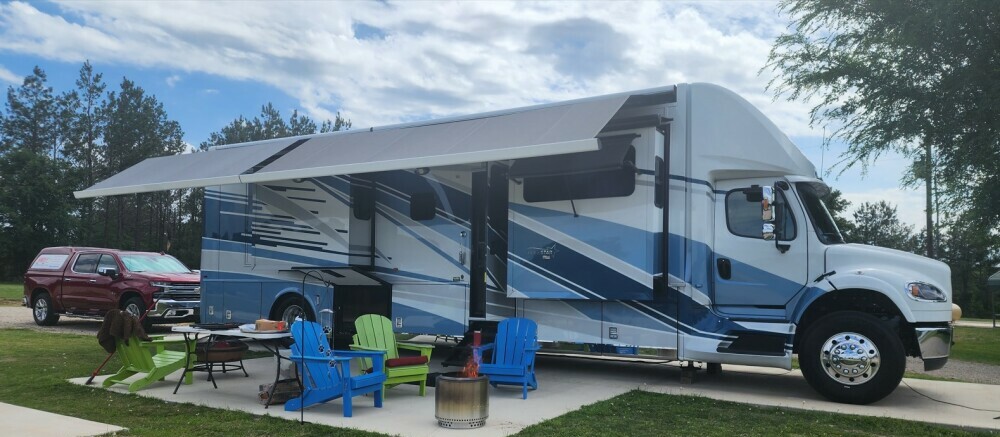
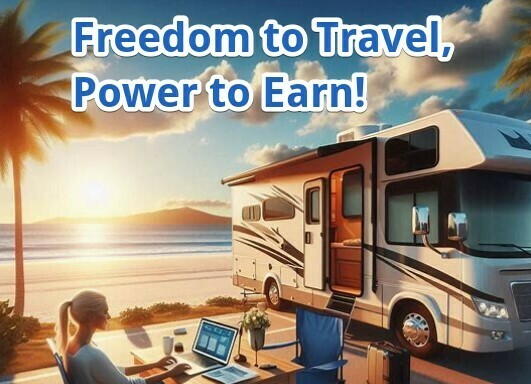

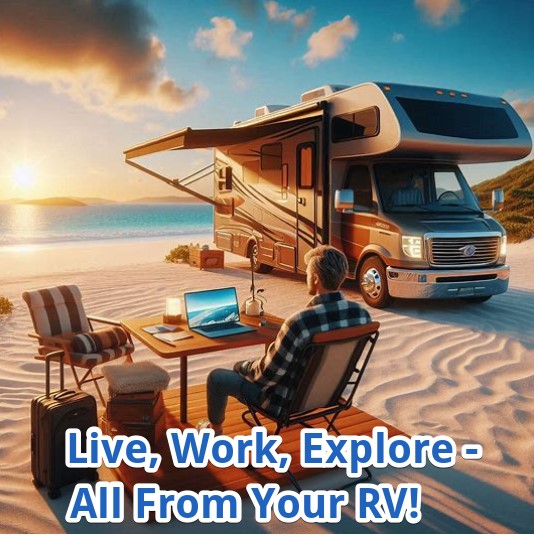
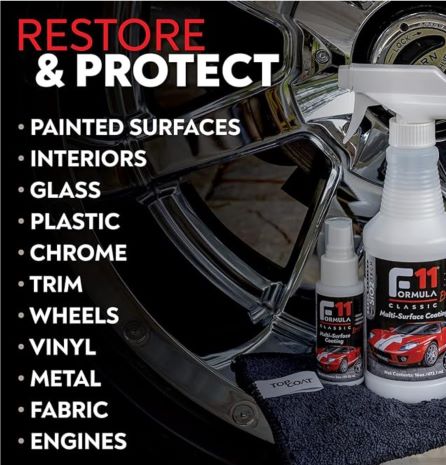
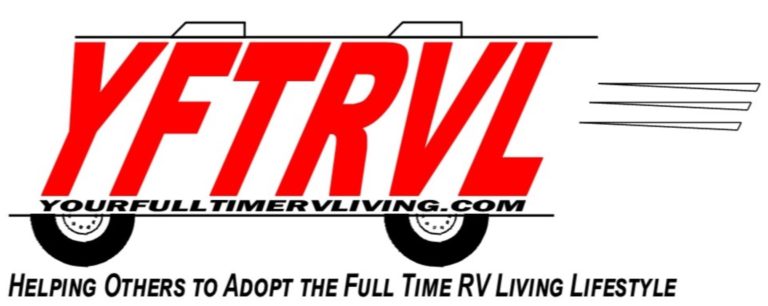



Recent Comments